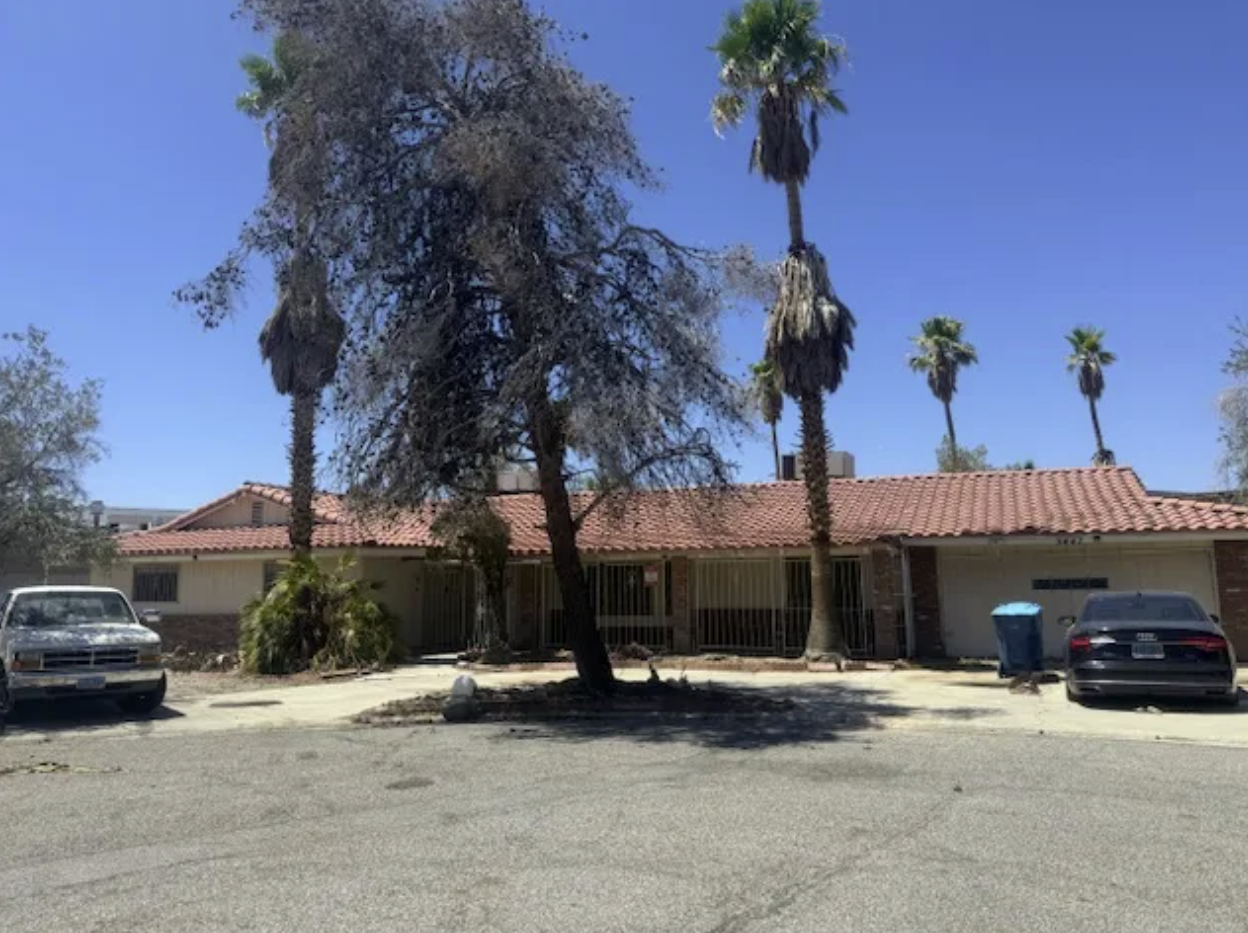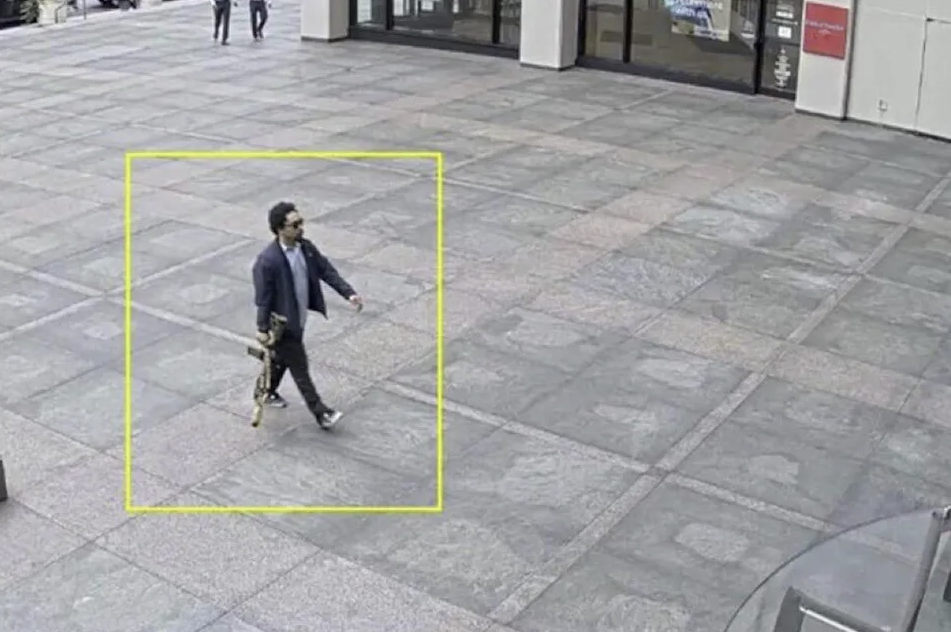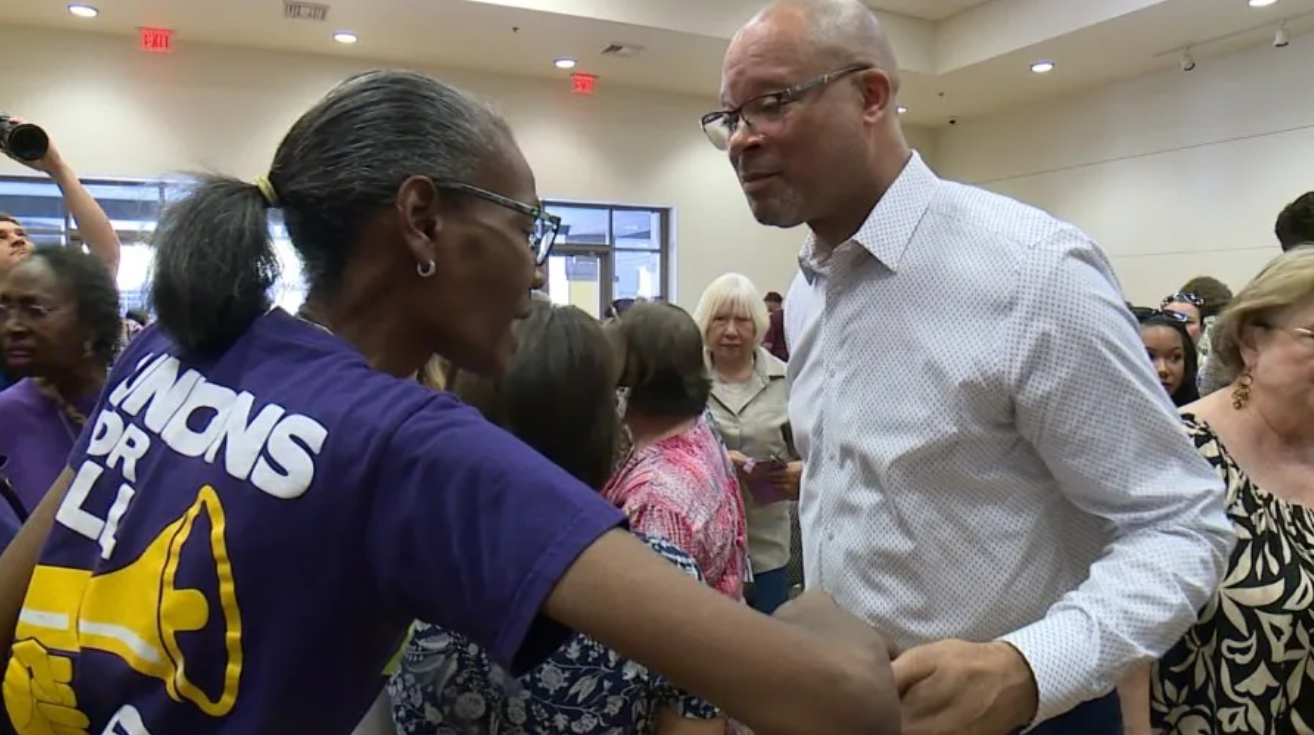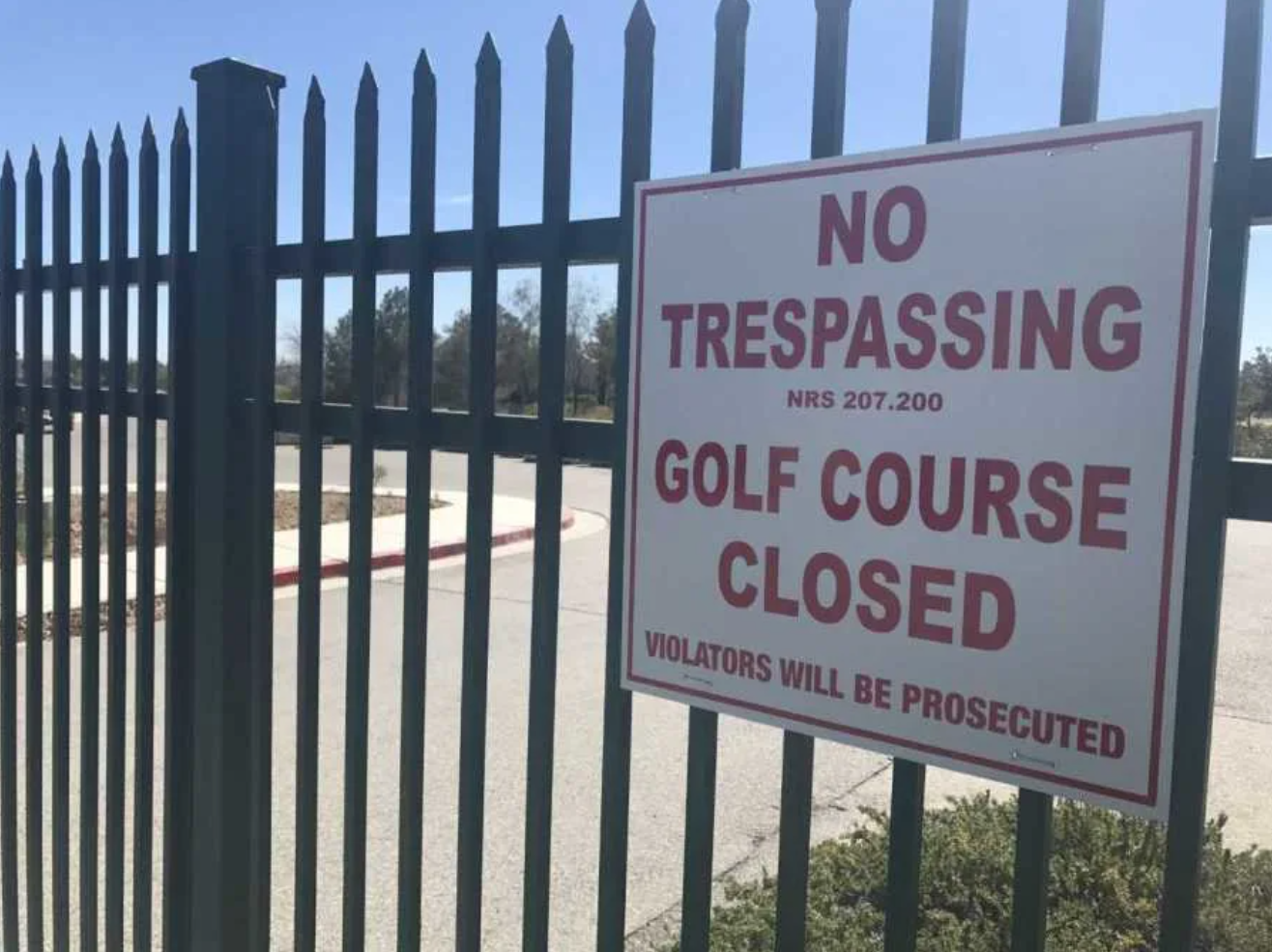Southwest Las Vegas Home Becomes Latest Battleground in Valley’s Squatter Epidemic

Year-Long Occupation Highlights Growing Crisis as Attorney Warns of Adverse Possession Risks
A southwest Las Vegas home has become the latest flashpoint in what local attorneys are calling an “epidemic” of squatting that plagues the valley’s vacant properties. The case, involving a deceased homeowner’s estate and squatters claiming six years of residency, illustrates the increasingly complex and costly problem facing property owners across Las Vegas.
A Neighborhood’s Frustration Boils Over
The property in question sits in a quiet southwest valley neighborhood, where longtime resident Tom Toon watched helplessly as squatters took over his deceased friend’s home. Derrell Adams, who passed away in February 2024, had lived alone in the house—a fact that makes the squatters’ claims particularly brazen.
“He was living in the home by himself and not renting to anyone else at all,” Toon told 8 News Now, his frustration evident. The situation has reached a point where Toon doesn’t mince words about his new neighbors: “I don’t think anyone would like criminals living next door to them.”
The squatters’ audacity became clear when property administrators filed for eviction in July 2025. Rather than vacate, someone identifying himself as Luis Angel Ramos responded with documentation claiming he’d been renting the property for six years—a claim neighbors call “an absolute lie.”
The Battle of Documentation
Adams’ niece, who inherited the estate but lives out of state, hired a Las Vegas-based realtor to handle the property. What should have been a straightforward sale has turned into a legal nightmare.
“They responded with fake documents we now have to go to court with,” the listing agent explained, showing clear evidence of the estate’s ongoing connection to the property—water and trash bills paid through June 2025.
This paper trail becomes crucial in establishing ownership. As Las Vegas attorney Tim Treffinger points out: “If the estate was still paying the water bill a month ago, that’s pretty indicative they didn’t give permission for these people to live there.”
An Epidemic Across the Valley
Treffinger’s assessment of the situation is stark. He hears about similar cases at least once a week and doesn’t hesitate to label it an epidemic. The numbers support his claim—Las Vegas has thousands of vacant properties, creating opportunities for illegal occupation.
The problem extends far beyond individual homes. According to research:
- Paradise Palms neighborhood has seen significant squatter activity
- Private security companies report some apartment complexes have up to 150 vacant units vulnerable to squatting
- Protective Force International, which contracts with over 300 apartment complexes, has created a dedicated task force to handle squatter issues
The Anatomy of a Squatter Operation
Understanding how squatters operate reveals the sophistication of some operations:
Initial Entry
Squatters typically target properties that appear vacant:
- Overgrown lawns or accumulated mail
- No visible activity for extended periods
- Properties in foreclosure or probate
Establishing Presence
Once inside, squatters often:
- Change locks immediately
- Produce fake lease agreements
- Turn on utilities (sometimes illegally)
- Make visible “improvements” to support possession claims
The Legal Shield
Nevada law creates complications for property owners:
- Police often can’t intervene without the owner present
- Eviction processes can take months
- Squatters may claim tenant rights with fake documentation
The Dangerous Progression: From Trespassing to Ownership
Perhaps most alarming is Treffinger’s warning about adverse possession—a legal doctrine that could potentially transfer ownership to squatters.
“There is a certain point where if they do meet the requirements, and it goes on for an extended period of time, they get adverse possession,” he explained. “That becomes their house, and that’s a huge financial loss to the homeowner.”
In Nevada, adverse possession requires:
- 5 years of continuous occupation
- Open and notorious possession (not hiding their presence)
- Hostile possession (without permission)
- Exclusive possession (acting as the sole occupant)
- Actual possession (physically living on the property)
Beyond Simple Trespassing: Criminal Elements
The squatter problem often intersects with more serious criminal activity. Protective Force International’s Chief Jonathan Alvarez revealed disturbing discoveries in vacant units:
- Trafficked children
- Narcotics operations
- Fires from unsafe heating or cooking methods
- Weapons caches
“We have had officers attacked with knives, pipes and different weapons,” Alvarez said. “Every time they go into one of these units there is an unknown and we train for the unknown.”
The Historical Context: A Lingering Recession Effect
Las Vegas’s squatter crisis has roots in the 2008 recession. During the housing crash, the Greater Las Vegas Board of Realtors reported that about 45% of the 22,005 single-family houses on the market were vacant. This created a perfect storm for squatting.
While the housing market has recovered, the squatter problem persists, evolving from desperate families seeking shelter to organized operations exploiting legal loopholes.
The Sovereign Citizen Connection
Some cases involve sovereign citizens—individuals who don’t recognize government authority. These cases often feature:
- Bogus deed filings
- Elaborate pseudo-legal arguments
- Attempts to “rent” properties they don’t own
- Resistance to law enforcement
Las Vegas police Lt. Nick Farese noted that while sovereign citizen involvement in squatting is “relatively new” locally, it adds complexity to an already difficult problem.
The Cost to Communities
The impact extends beyond individual property owners:
Neighborhood Safety
- Increased criminal activity
- Property value concerns
- Quality of life issues for legitimate residents
Municipal Resources
- Police responses to squatter-related calls
- Code enforcement investigations
- Court system burden from eviction proceedings
Property Damage
- Broken windows and doors
- Illegal utility connections
- Vandalism and neglect
- Fire hazards from makeshift heating/cooking
Legal Remedies and Challenges
Property owners facing squatters have limited options:
Immediate Actions
- Call police (though intervention may be limited)
- Post “No Trespassing” signs
- Begin formal eviction proceedings
- Document all evidence of illegal occupation
Preventive Measures
- Regular property inspections
- Maintaining occupied appearance
- Installing security systems
- Building relationships with neighbors who can monitor
Legal Processes
- File for eviction through courts
- Prove ownership with documentation
- Challenge any fraudulent leases
- Potentially pursue criminal charges
The Insurance Gap
Adding insult to injury, vacant properties often lose insurance coverage. Allstate Insurance Agent Jimmy Vega warns that most policies cancel after 30 days of vacancy. This leaves owners vulnerable to damage caused by squatters, as one Helen Avenue homeowner discovered when squatters caused a fire.
A Call for Action
As the southwest Las Vegas case demonstrates, the squatter epidemic shows no signs of abating. The combination of sophisticated scammers, legal complexities, and overwhelmed enforcement resources creates a perfect environment for this crime to flourish.
Local officials and law enforcement acknowledge the problem but struggle with solutions. LVMPD recommends reporting squatters through local area commands, while Clark County Code Enforcement can intervene when properties lack essential services or pose imminent danger.
Looking Forward: Solutions and Recommendations
Addressing Las Vegas’s squatter epidemic requires multiple approaches:
For Property Owners
- Never leave properties visibly vacant
- Conduct weekly inspections
- Maintain relationships with neighbors
- Consider property management services
- Understand adverse possession timelines
For Policymakers
- Streamline eviction processes
- Strengthen criminal penalties for squatting
- Improve coordination between agencies
- Consider squatter-specific legislation
For Communities
- Establish neighborhood watch programs
- Report suspicious activity promptly
- Support legitimate property owners
- Document squatter activities
The Bottom Line
The southwest Las Vegas case represents thousands of similar situations across the valley. As Tom Toon and other neighbors watch the legal battle unfold, they embody the frustration of law-abiding citizens caught in a system that sometimes seems to protect criminals more than victims.
With attorneys warning of weekly encounters with squatter cases and private security companies creating specialized task forces, it’s clear that Las Vegas faces a crisis requiring urgent attention. Until comprehensive solutions emerge, property owners must remain vigilant, understanding that in today’s Las Vegas, an empty house is an invitation to those who would steal not just shelter, but potentially the property itself.
For Adams’ estate and countless others, the battle against squatters continues—one fake lease, one court hearing, and one frustrated neighbor at a time.
Image Sources: https://www.yahoo.com/news/articles/las-vegas-home-plagued-squatters-005555812.html
Category: Local News, Real Estate
Subcategory: Property Issues
Date: 07/30/2025




